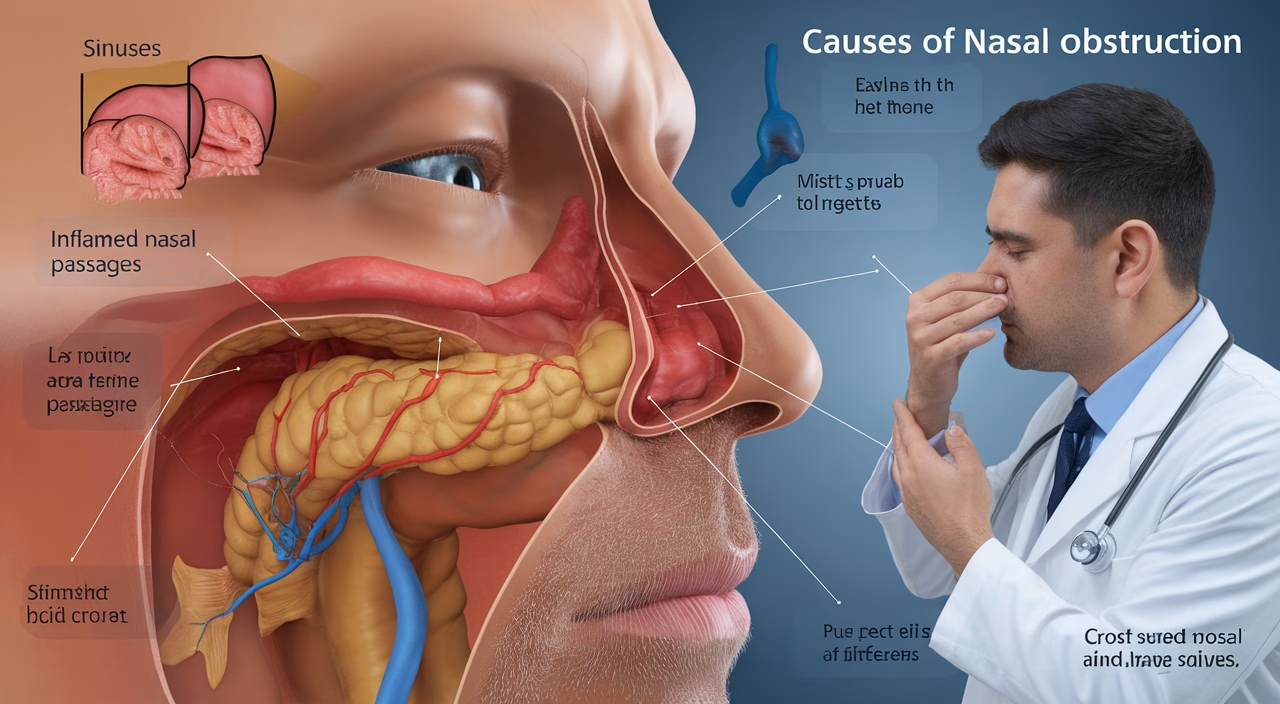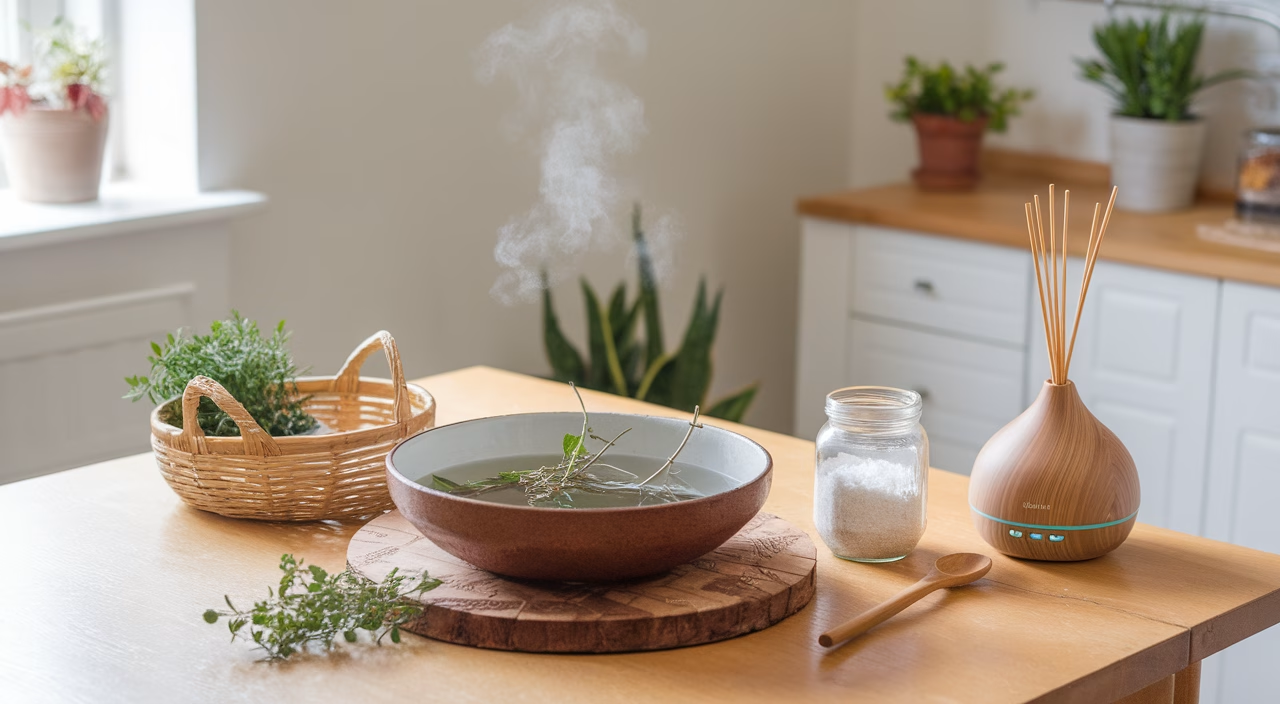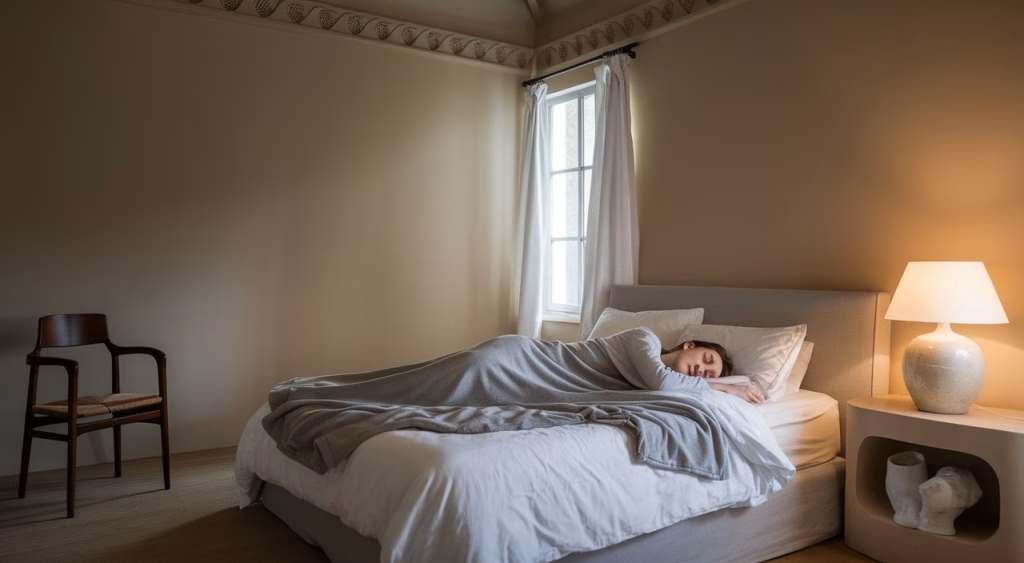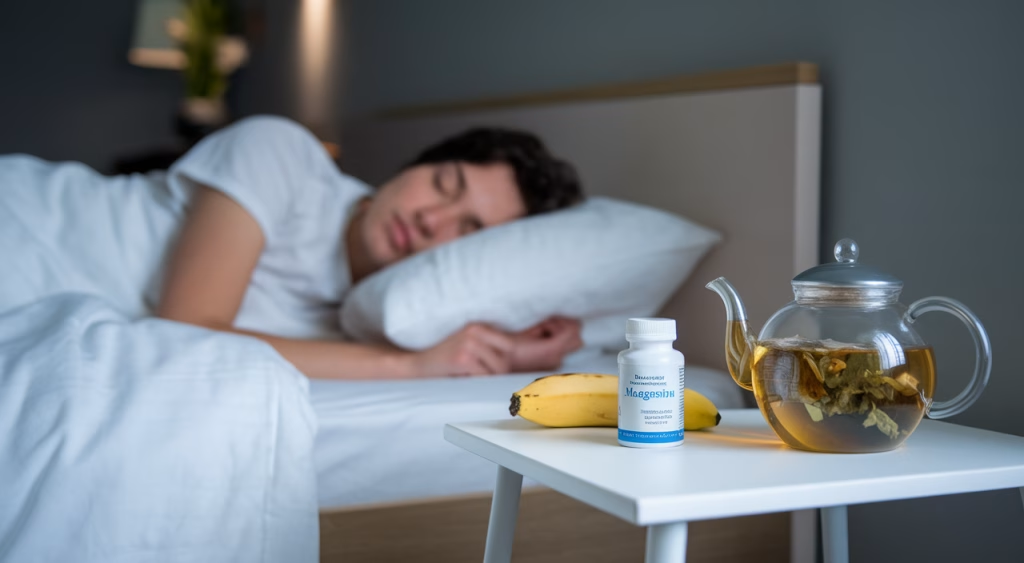What are the most effective home remedies for nasal obstruction?
The most effective home remedies for nasal obstruction include steam inhalation, saline nasal irrigation, elevating your sleep posture, using humidifiers, controlling allergens, and staying well-hydrated. These proven approaches help clear your nasal passages, reduce inflammation, and lower nasal airway resistance, leading to better sleep and reduced snoring.
TL;DR: Summary of Key Takeaways
- Steam and saline solutions help loosen mucus and reduce nasal congestion naturally within minutes.
- Sleep positioning matters: Elevating your head optimizes nasal airflow and reduces overnight congestion.
- Hydration is crucial: Drinking plenty of fluids thins mucus, making nasal breathing easier.
- Allergen control in your bedroom reduces triggers that inflame your nasal passages.
- Consistent daily routine strengthens results — these nasal obstruction treatment methods work best over time.
Understanding Nasal Obstruction
Causes and Symptoms
Nasal obstruction, commonly known as nasal congestion or nasal blockage, occurs when your nasal passages become swollen or filled with excess mucus. This frustrating condition can stem from seasonal allergies, structural abnormalities like a deviated septum, chronic sinusitis, or environmental irritants that inflame your nasal passages.
When your nasal passages are blocked, airflow through your nose decreases dramatically, forcing you to breathe through your mouth. While this might seem harmless initially, chronic mouth breathing can lead to sleep disruption, snoring, and daytime fatigue.
Common nasal obstruction symptoms include:
- Persistent stuffiness or difficulty breathing through your nose
- Post-nasal drip or runny nose
- Facial pressure or sinus headaches
- Increased snoring intensity
- Waking up tired despite adequate sleep time
This seemingly simple nasal blockage often feels like breathing through a straw — exhausting work, especially at night when proper oxygen flow is essential for restorative sleep.
Effects on Sleep Quality
Ever woken up with a dry mouth, sore throat, or morning headache? That could signal more than ‘just a cold’ — nasal obstruction can be the silent destroyer of quality sleep.
When your nose is blocked, your body compensates by routing air through your mouth. This mouth-breathing pattern increases snoring intensity and reduces efficient oxygen exchange. As a result, many people experience sleep-disordered breathing such as:
- Apnea – breathing pauses during sleep lasting 10 seconds or more
- Hypopnea – shallow or abnormally slow breathing patterns
- Disrupted REM cycles – frequent awakenings triggered by oxygen drops and increased nasal airway resistance
Over time, chronic nasal congestion leads to poor concentration, daytime fatigue, and even cardiovascular strain. Addressing nasal blockage early with effective nasal obstruction treatment at home can improve this entire cascade of problems.
Managing Nasal Obstruction
Medical Treatments
When natural remedies aren’t sufficient or symptoms are severe, medical intervention becomes necessary. Here’s an overview of the most common options available through ENT consultation:
| Treatment | Description | When to Consider |
|---|---|---|
| Nasal Steroid Sprays | Reduce inflammation in the nasal lining | Allergic rhinitis or chronic nasal swelling |
| Decongestant Sprays | Fast relief from swelling, but short-term | Temporary congestion during illness |
| Antihistamines | Block allergic responses | Seasonal or dust mite allergies |
| Surgical Procedures | Correct structural issues (e.g., deviated septum) | Obstruction due to nasal anatomy |
Medical treatments offer targeted and often rapid relief, especially when nasal congestion contributes to complex issues like obstructive sleep apnea. However, combining them with natural, consistent nasal obstruction treatment at home brings lasting improvements.
Lifestyle Changes for Relief
Your nose serves as more than just a scent sensor — it’s an essential filter and humidifier for air intake. Supporting optimal nasal function through daily adjustments can significantly reduce nasal blockage and ease breathing:
- Elevate your sleep position: Use additional pillows or wedge pillows to reduce sinus pressure and lower nasal airway resistance.
- Optimize bedroom air quality: Use HEPA filters and humidifiers to reduce allergens and maintain balanced air moisture.
- Stay well-hydrated: Thin mucus flows better than thick secretions. Aim for at least 8 glasses of water daily.
- Avoid alcohol before bedtime: Alcohol relaxes throat muscles and worsens snoring and nasal congestion.
- Wash linens weekly: Clean, allergen-free bedding can dramatically reduce overnight congestion levels.
In practice, even simple changes — such as running a humidifier during winter months or limiting exposure to pet dander — can provide fast nasal relief when practiced consistently as part of your nasal obstruction treatment at home routine.
Natural Remedies to Reduce Nasal Congestion
Let’s explore proven, research-supported natural methods for nasal obstruction treatment at home — remedies that not only reduce nasal congestion but do so gently and sustainably.
- Steam Inhalation: Fill a bowl with hot water, add eucalyptus or peppermint oil and inhale for 10 minutes. This technique loosens thickened mucus and naturally opens your nasal passages.
- Salt Water (Saline) Rinses: Using a neti pot or saline spray flushes out allergens and purifies blocked nasal cavities. This is essential for anyone prone to sinus issues.
- Warm Compress Application: Apply across the bridge of your nose and cheeks. Heat promotes sinus drainage and improved blood flow, reducing nasal congestion over time.
- Essential Oil Therapy: Peppermint and tea tree oils can help open airways naturally. Diffuse them or apply (well-diluted!) on your chest to assist nighttime breathing.
- Anti-inflammatory Herbal Teas: Ginger, turmeric, and licorice root teas fight inflammation and soothe throat tissues irritated by mouth-breathing.
These natural remedies tackle not only the symptom — the nasal blockage — but also address underlying irritants. Try building a nighttime ritual that includes warm herbal tea followed by nasal rinsing and sleeping with your head slightly elevated. The effects compound with consistency, making this an effective nasal obstruction treatment at home approach.
Cost Guide: Natural vs Medical Treatment
| Solution Type | Examples | Cost Range (USD) |
|---|---|---|
| Natural Remedies | Steam, saline rinse, oils, teas | $5 – $50 (one-time or monthly) |
| Medical Treatments | Prescription sprays, consultations | $50 – $300 per visit/session |
| Surgical Treatments | Deviated septum correction | $3,000 – $10,000 (one-time) |
Natural nasal obstruction treatment at home provides highly affordable and accessible first-line defense against nasal congestion. However, if your symptoms persist or worsen despite consistent care, seeking medical evaluation ensures timely intervention before complications arise.
Final Thoughts
Nasal obstruction may begin with a minor tickle in your nose or slightly stuffy evening, but left unchecked, it can quietly deteriorate your physical health, energy levels, and sleep quality over time. Fortunately, with awareness, consistent home remedies, and strategic lifestyle shifts, you can achieve dramatic improvements in your nasal breathing — naturally and sustainably.
Don’t underestimate the power of daily nasal obstruction treatment at home routines. Every warm saline rinse, extra pillow for elevation, or clean bedsheet contributes toward restoring quiet, deep, and healthy breathing each night.
Frequently Asked Questions
- Does nasal congestion lead to snoring?
Yes. Nasal congestion forces mouth-breathing during sleep, which increases snoring intensity and frequency due to airway vibrations. - What’s the fastest way to relieve nasal obstruction naturally?
Steam inhalation paired with a saline rinse offers immediate and effective congestion relief. - Can a humidifier help with nasal blockage at night?
Absolutely. It adds moisture to dry air, reducing nasal lining irritation and aiding mucus movement. - Are essential oils safe for nasal use?
When used properly (diluted or diffused), essential oils like peppermint may help reduce congestion. Avoid direct nasal application. - What should I do if natural remedies don’t help?
If symptoms persist, consult an ENT specialist to rule out structural issues or chronic sinusitis. - Is it normal to wake up congested every morning?
It’s common but not normal. Morning congestion may indicate dust mite allergies, mouth breathing, or sinus inflammation. - How long do home treatments take to show results?
Many users feel partial relief immediately after steam or rinses, but consistent practices may take 1–2 weeks for noticeable improvement.





